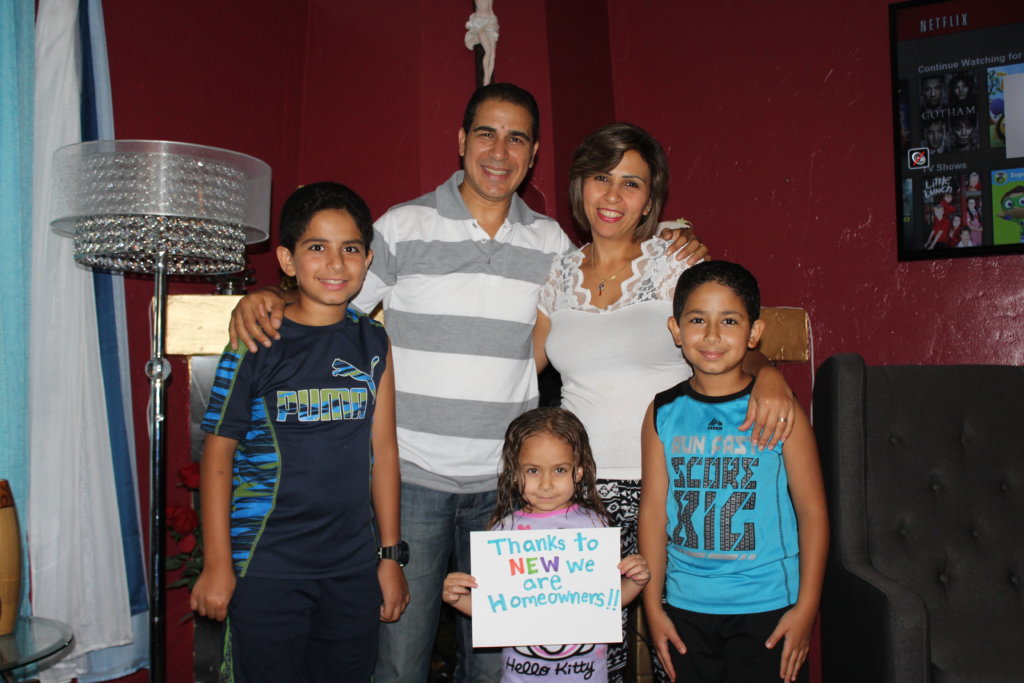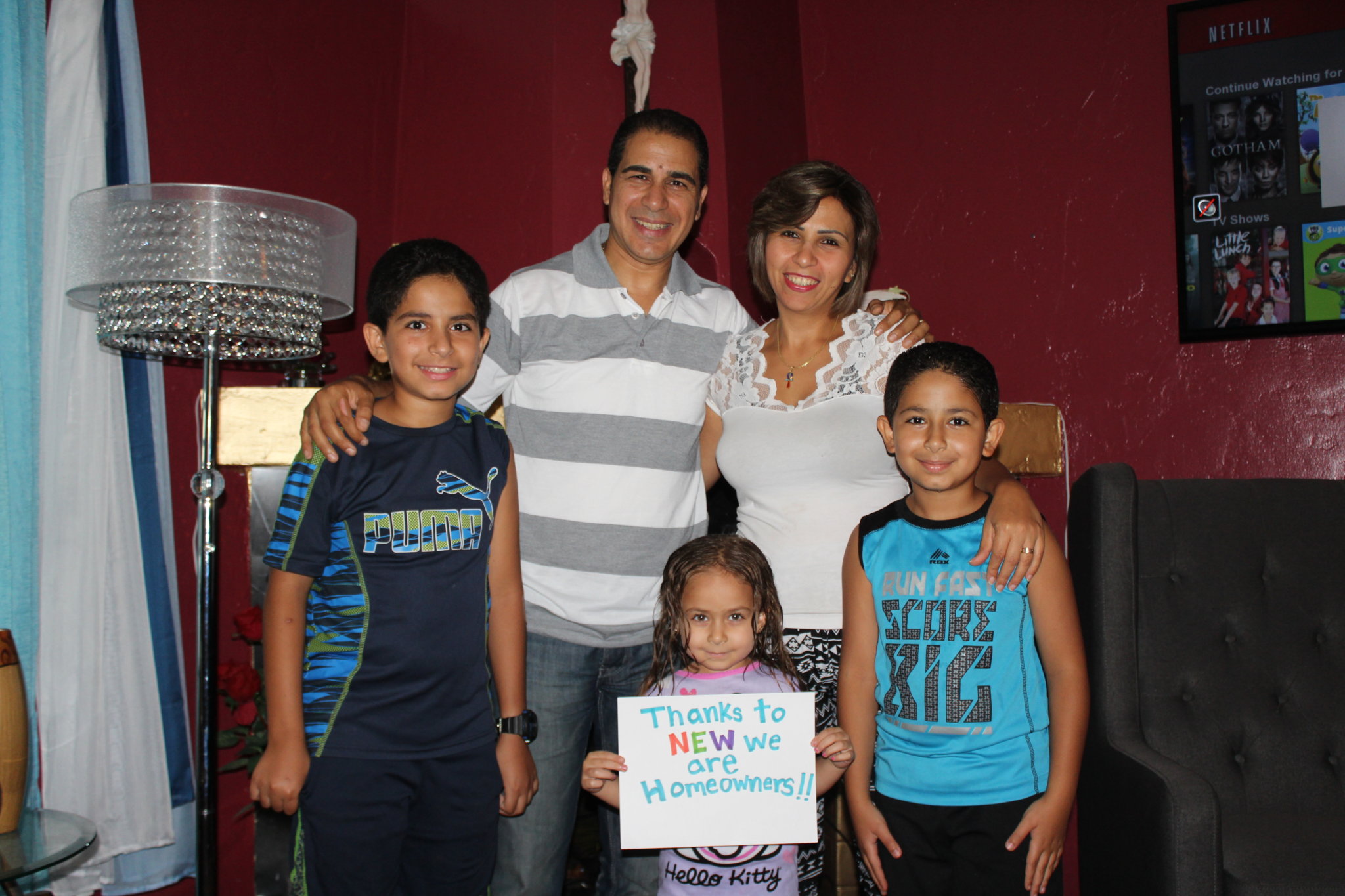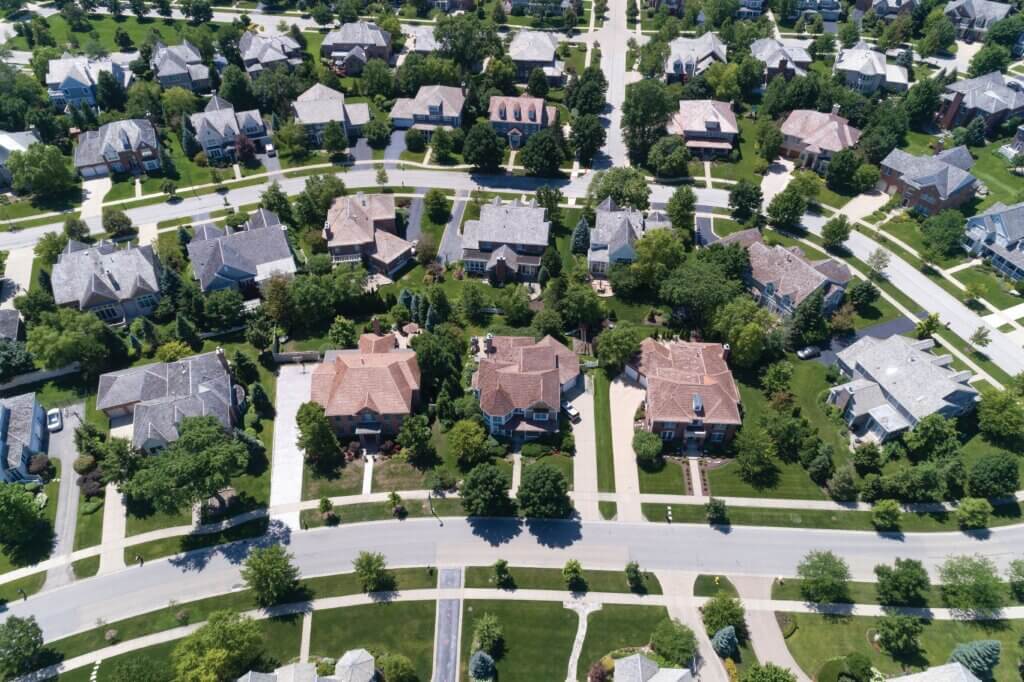How we are supporting Latinos who want to buy a home in the future
In the aftermath of the Great Recession, millions of American families, including Latinos, lost their homes to foreclosure and became renters. Unlike White and Black families, Latinos needed more time to recover their income, repair their credit, and feel financially stable enough to buy a home again.

Ten years later, the Latino community seems primed to assert their place as an economic force. Latino median household income is growing, fewer families and children live in poverty, and in 2016, homeowners gained wealth for the first time since 2007. Yet, most Latinos rent their home and saw their wealth plummet in 2016. This reinforces how important homeownership is for wealth-building and how barriers to homeownership are holding our community back.
A new fact sheet released by UnidosUS details the trends behind the community’s access, or lack thereof, to homeownership. While nearly 200,000 Latinos became homeowners in 2016, Latinos still received a small portion – less than 9% – of all home loans. The same year, Latinos were denied a mortgage at a rate of about 15%, higher than the rate experienced by Whites (9%) who received the largest share of home loans.
While we wait for needed changes to our housing finance system, UnidosUS continues to create programs that prepare Latinos to become homeowners. In 2017, housing counselors in the UnidosUS Housing and Wealth Building Alliance reported that an estimated 80% of the families they helped begin the home-buying process were still not ready to buy after three to six months.

In a recent interview, Eric Salazar, Associate Director of Housing and Financial Empowerment, said he was frustrated that so many families, especially those with credit scores below 700, had taken the first steps to buy a home, but weren’t able to get a loan because of today’s stringent lending standards. While affordable loan programs have made it possible for lenders to issue loans to homebuyers with a score of at least 620, lenders continue to make few loans to families with scores below 740.

In response, UnidosUS launched an “incubation” program to support families who would benefit from financial coaching so that they fully understand the process of preparing for and securing a home loan. Working through a network of nearly 50 community-based housing counseling providers and the UnidosUS Counseling Connection (UCC) call center, the program aims to keep families motivated, educated, and aware of their options during the six to twelve months in which they are preparing to buy their home.
Salazar explained the way the program works. A housing counseling provider meets with and assesses a family’s financial situation, and together they decide how much time they need to prepare. If the family needs more than six months, they are connected to the UCC call center and a financial coach provides support over a span of four phone calls.
During these calls, the financial coach keeps a family moving toward their financial goals, including improving any or all of the family’s four C’s: credit history, capacity, cash assets, and collateral. When the family is ready to apply for a loan, they meet with their original counseling provider in order to continue the process with the end goal of securing a home loan.
The program is a unique way of leveraging the call center to help the housing counseling network make homeownership a reality for homebuyers in an efficient and cost-effective way. The call center frees up housing counselors’ time to work with clients who are ready to buy a home. “When clients come to agencies, the counseling resources may be limited, so the counselors focus their work on clients who are mortgage-ready. Counselors typically meet with each client two to four (including the first meeting) times. The UCC has developed an effective coaching model, which is value added for providers, to help improve their outcomes,” says Eric Salazar, UnidosUS Associate Director of Housing and Financial Empowerment.
http://blog.unidosus.org/2018/06/04/national-homeownership-month-2018/



